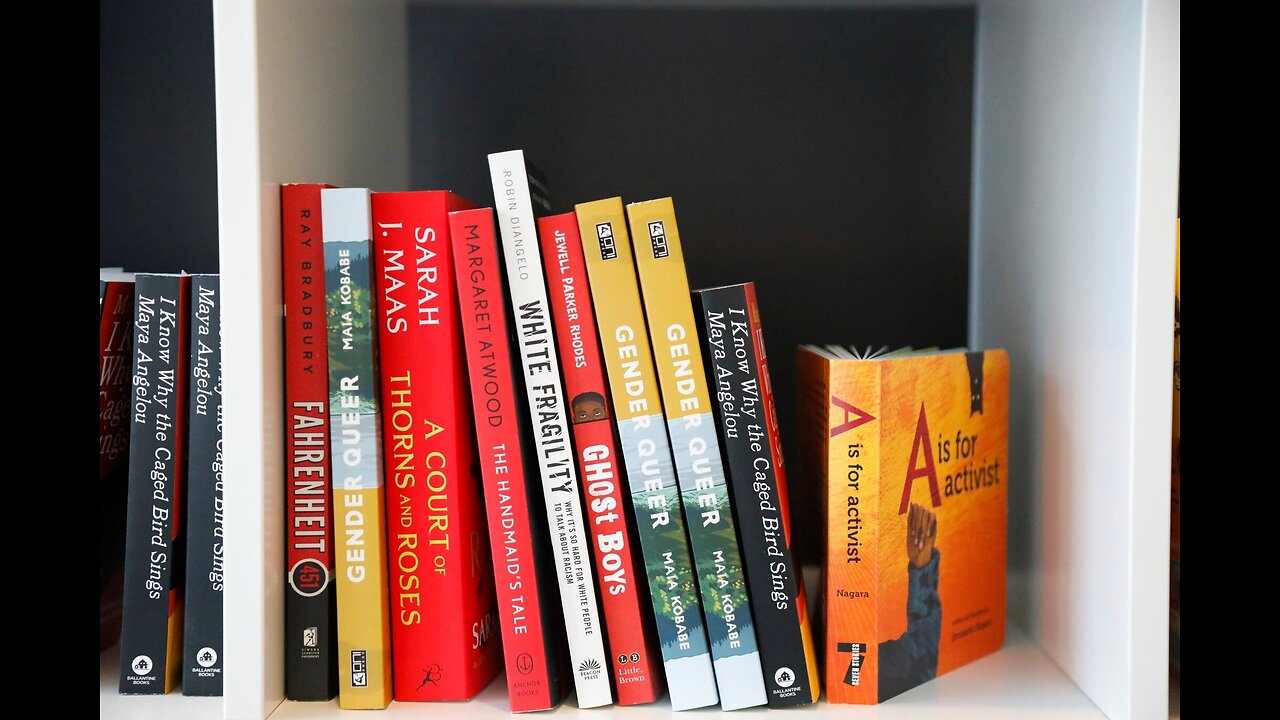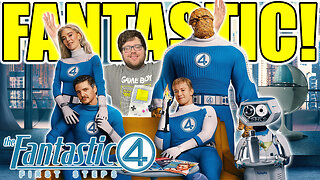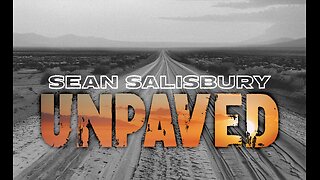Premium Only Content

Reading in the Time of Books Bans and A.I. - The New York Times
🥇 Bonuses, Promotions, and the Best Online Casino Reviews you can trust: https://bit.ly/BigFunCasinoGame
Reading in the Time of Books Bans and A.I. - The New York Times
Everyone loves reading. In principle, anyway. Nobody is against it, right? Surely, in the midst of our many quarrels, we can agree that people should learn to read, should learn to enjoy it and should do a lot of it. But bubbling underneath this bland, upbeat consensus is a simmer of individual anxiety and collective panic. We are in the throes of a reading crisis. Consider the evidence. Across the country, Republican politicians and conservative activists are removing books from classroom and library shelves, ostensibly to protect children from “indoctrination” in supposedly left-wing ideas about race, gender, sexuality and history. These bans have raised widespread alarm among civil libertarians and provoked a lawsuit against a school board in Florida, brought by PEN America and the largest American publisher, Penguin Random House. PEN has also joined the chorus of voices condemning censorious piety on social media and college campuses, where books deemed problematic become lightning rods for scolding and suppression. While right and left are hardly equivalent in their stated motivations, they share the assumption that it’s important to protect vulnerable readers from reading the wrong things. Including, in one Utah county, the Bible, which was taken from schoolroom shelves, like so many other books, as a result of a parental complaint — one apparently intended to expose the absurdity of such bans in the first place. Image Credit... Rodrigo Corral But maybe the real problem is that children aren’t being taught to read at all. As test scores have slumped — a trend exacerbated by the disruptions of Covid — a long-smoldering conflict over teaching methods has flared anew. Parents, teachers and administrators have rebelled against widely used progressive approaches and demanded more emphasis on phonics. In May, David Banks, the chancellor of New York City’s public schools, for many years a stronghold of “whole language” instruction, announced a sharp pivot toward phonics, a major victory for the “science of reading” movement and a blow to devotees of entrenched “balanced literacy” methods. The reading crisis reverberates at the higher reaches of the educational system too. As corporate management models and zealous state legislatures refashion the academy into a gated outpost of the gig economy, the humanities have lost their luster for undergraduates. According to reports in The New Yorker and elsewhere, fewer and fewer students are majoring in English, and many of those who do (along with their teachers) have turned away from canonical works of literature toward contemporary writing and pop culture. Is anyone reading “Paradise Lost” anymore? Are you? Beyond the educational sphere lie technological perils familiar and new: engines of distraction like streaming (what we used to call TV) and TikTok; the post-literate alphabets of emojis and acronyms; the dark enchantments of generative A.I. While we binge and scroll and D.M., the robots, who are doing more and more of our writing, may also be taking over our reading. While we binge and scroll and D.M., the robots, who are doing more and more of our writing, may also be taking over our reading. There is so much to worry about. A quintessentially human activity is being outsourced to machines that don’t care about phonics or politics or beauty or truth. A precious domain of imaginative and intellectual freedom is menaced by crude authoritarian politics. Exposure to the wrong words is corrupting our children, who aren’t even learning how to decipher the right ones. Our attention spans have been chopped up and commodified, sold off piecemeal to platforms and algorithms. We’re too busy, too lazy, too preoccupied to lose ourselves in books. You could argue that these disparate concerns don’t add up to a single crisis. You could point out that not all the news is bad. Sales of printed books, after dropping in the early e-book era, have crept upward over the past decade. This newspaper has reported that some young people in Brooklyn are abandoning their smartphones for “Crime and Punishment.” And the bad news is hardly new. Tyrants, philistines, religious zealots and hysterical parents have been banning books for as long as anyone can remember. The current battle between advocates of the science of reading...
-
 LIVE
LIVE
The Quartering
3 hours agoNYC Lunatic Update, Doxxing Website For Men OWNED, Walmart Stabber Update, 2 Men Buy Baby...
7,804 watching -
 LIVE
LIVE
Pop Culture Crisis
1 hour agoBillie Eilish & Sydney Sweeney Blamed For 'Whiteness', Millennials WORRIED About Gen Z | Ep. 887
465 watching -
 LIVE
LIVE
Barry Cunningham
3 hours agoSYDNEY SWEENEY PROVES PRESIDENT TRUMP IS RIGHT! EVERYTHING WOKE TURNS TO....
1,452 watching -
 UPCOMING
UPCOMING
The HotSeat
41 minutes ago💥 Chuck Schumer MELTS DOWN Over Voter ID! Are Democrats Really This Delusional?
35 -
 18:15
18:15
Clownfish TV
11 hours agoCartoon Network Just Got DROPPED!
1.07K11 -
 1:13:26
1:13:26
Russell Brand
4 hours agoShooting RAMPAGE In NYC + Trump HUMILIATES Starmer During UK Visit - SF622
142K30 -
 10:21
10:21
Colion Noir
6 hours agoCaught On Camera: Armed Veteran With AR-15 Shoots Man Who Fires Into Crowd With Drum Magazine
17.4K16 -
 20:37
20:37
Degenerate Jay
4 hours agoThe Fantastic Four: First Steps Review - Fantastic Or Failure?
2.9K1 -
 6:43:48
6:43:48
JuicyJohns
7 hours ago $2.91 earned🟢#1 REBIRTH PLAYER 10.2+ KD🟢 !loadout
59.3K2 -
 1:01:52
1:01:52
Sean Unpaved
3 hours agoRyne Sandberg's Legacy, Madden's 99 Club, NIL's Locker Room Heat, & Wilkins' Kiss-and-Run
22.7K1